GENDERRECOGNITIONLEGISLATION:A POSSIBLEPATHWAYTOBATTLING DISCRMINIATION
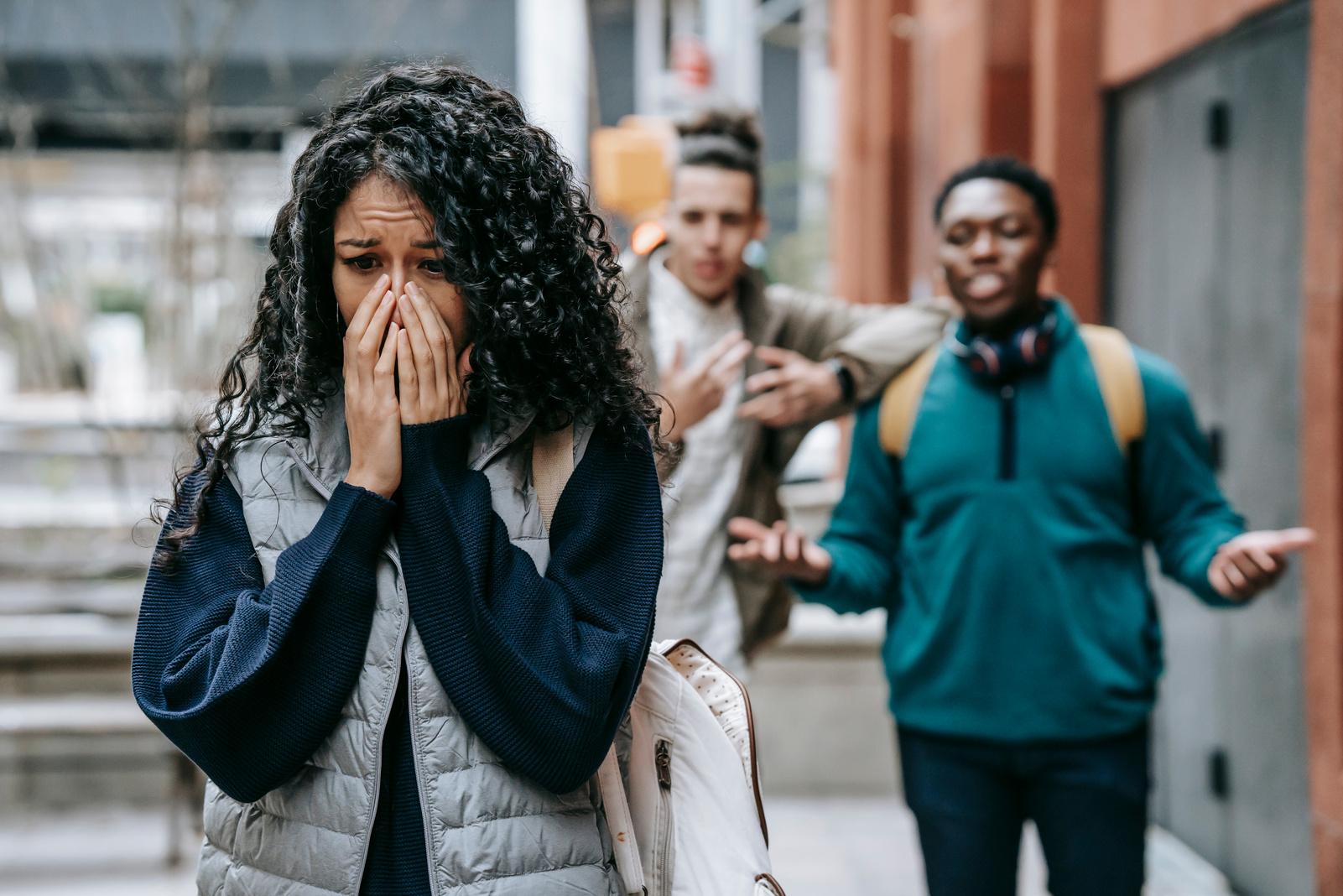
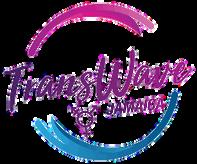 by Nickoy Wilson
by Nickoy Wilson
Copyright © 2022 by TransWave Jamaica. This book or any portion thereof may not be reproduced or used in any manner whatsoever without the expressed written permission of the publisher except for the use of brief quotations in a book review.
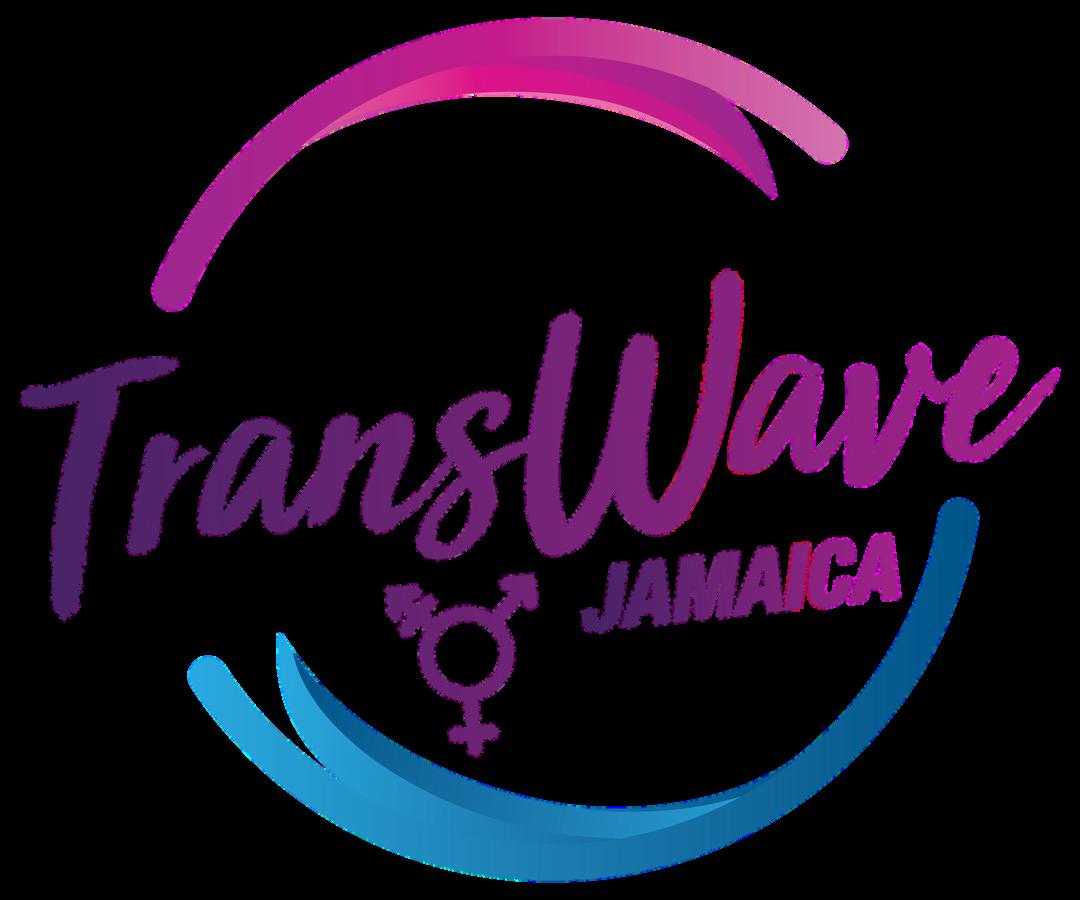
Introduction
INTRODUCTION
While LGBT people share similar vulnerabilities, trans and gender nonconforming individuals are disproportionately affected. Many of these challenges were highlighted in the 2020 Trans Health Needs Assessment Report by TransWave Jamaica and the 2019 Jamaican LGBT Community Experience and Needs Assessment Survey Report by JFLAG. Among the issues are the trans community’s disproportionate experience of homelessness, limited access to employment opportunities, high levels of violence and barriers when accessing healthcare

These challenges are linked to the lack of legal recognition for trans people in Jamaica.
The challenges faced by the trans community and the need for gender recognition legislation will be discussed in this issue brief.
HOUSING
heAccording to the 2019 Needs Assessment which surveyed 301 LGBT Jamaicans had 61 persons stating they had been homeless at some point in their life. Of those persons, 73% were displaced because of homophobia or transphobia within their familiies or communities. More than half of the trans women and transmen who responded had been homeless or displaced which is higher than any other group.

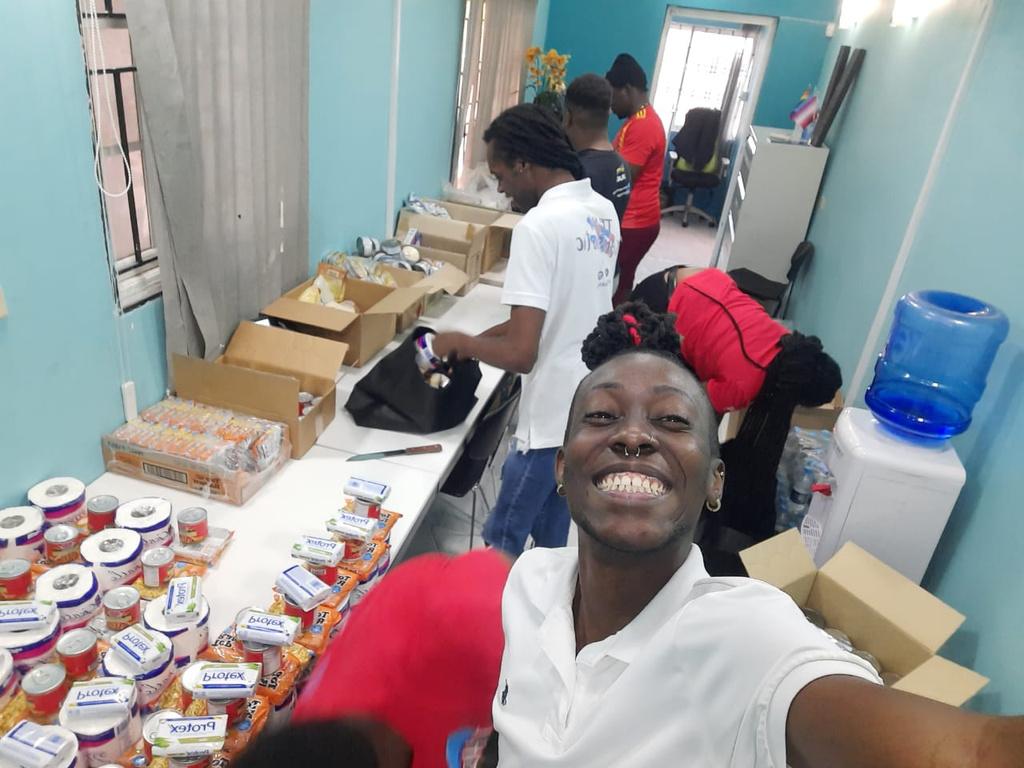
EMPLOYMENT
More than half of the respondents in the Needs Assessment felt that being open about their identity affected their ability to get jobs. The overwhelming majority of trans men and trans women answered yes to this question, in a proportion much higher than other gender identities. Nearly half of the respondents in the Trans Health Needs Assessment were unemployed at the time of the survey, in comparison to the national unemployment rate of 6 per cent as of April 2022.
Challenges Faced by the Trans Community
HEALTHCARE EXPERIENCES OF VIOLENCE
The 2019 Needs Assessment noted that 43% of respondents were most likely to be comfortable disclosing their gender identity in private health facilities and 46 % of them were most likely to be uncomfortable in public ones. For NGOs and CSO partners, 32% of respondents were about as likely to be comfortable to disclose their gender identity, while 30% would be uncomfortable doing so.
Some 68% of respondents did know how easy or hard it was to access trans specific healthcare in Jamaica while, 25% thought it was at least difficult When accessing health care, 49% of respondents said they did not change their gender expression, while 10% said they did No trans man reported changing their gender expression, about 50% of women did and most gender fluid persons did not The Trans Health Needs Assessment indicated that 59% of respondents (at least sometimes) changed their gender expression when accessing health services Almost 60% of respondents indicated experiencing barriers when seeking to access health care, discrimination chief among, especially for transwomen.
The 2019 Needs Assessment revealed that 72 3% of respondents had experienced physical, verbal, sexual etc. violence at some time in their lifetime Over ¾ of those who had experience violence said it was linked to their LGBT identity. All trans men and women surveyed has experienced violence in their lifetime and the vast majority of non binary person had experienced violence as well. Almost 27% of respondents reported experiencing rape or sexual assault and 24% reported experience physical assaults in the 2019 Needs Assessment, while the National Crime Victimisation Survey demonstrate that 2.2% and 3% of respondents report experiencing physical assault with and without a weapon, respectively, at least once in their lifetime With 1 1% of respondents report experiencing sexual assault at least once in their lifetimes

Conclusion & Recommendation
CONCLUSION RECOMMENDATION
In the 2019 Needs Assessment, 64.1% of respondents indicating an interest in leaving Jamaica linked to their LGBT identity. All transwomen indicated a desire to leave Jamaica, however, one said it was not linked to their identity All transmen indicated their desire to leave Jamaica was linked to their sexual orientation or gender identity.
Trans person are disproportionately affected by displacement or homeless, encounter barriers when seeking employment and experience various form of violence attributed to their gender identity. This treatment persists because of the gaps in legislation in recognising that fail to recognise trans people legally and prohibiting discrimination
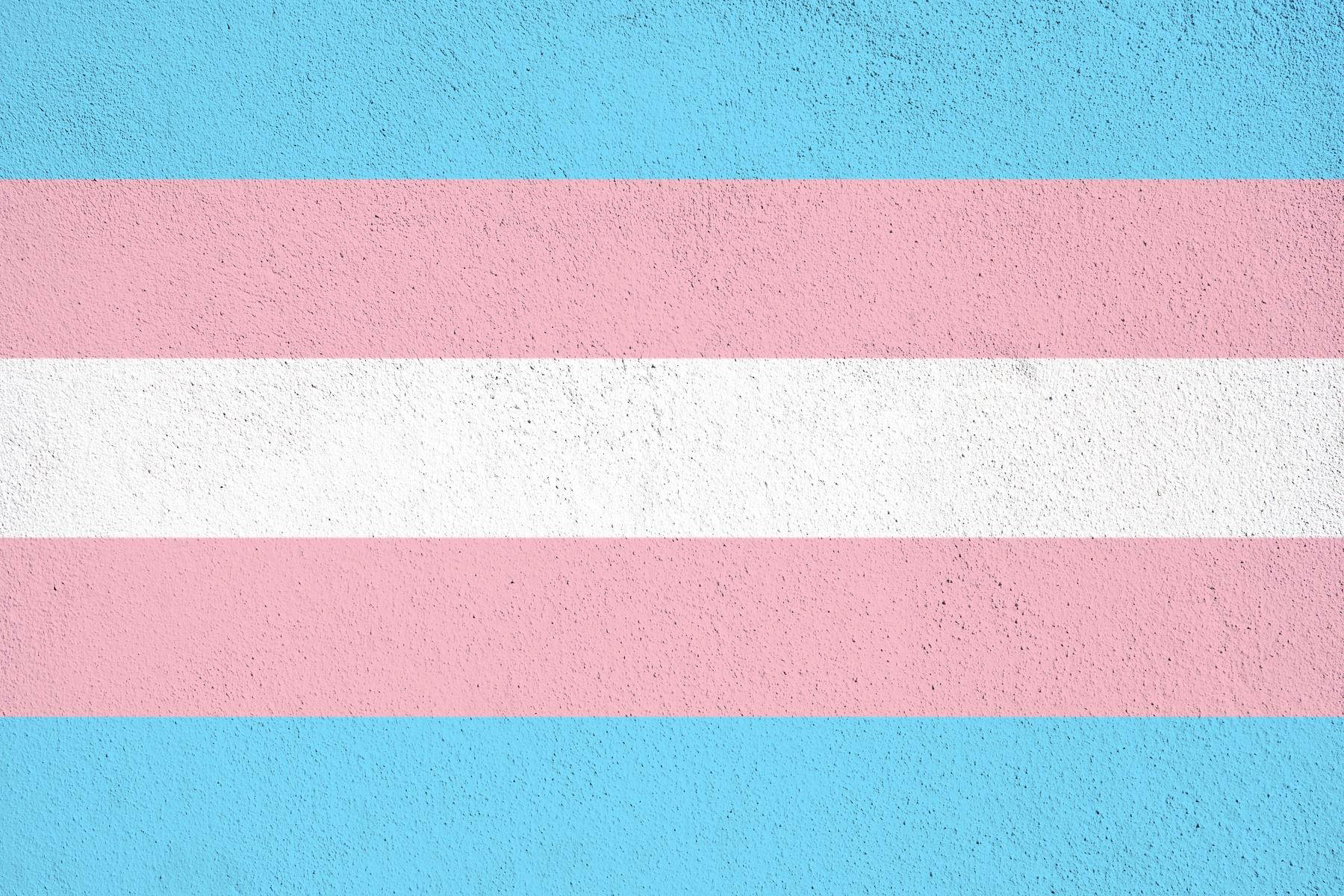
It is therefore recommended that policy makers should:
Enact comprehensive antidiscrimination which particularly covers discrimination that is not covered in the current Charter of Fundamental Rights and Freedoms in the Jamaican Constitution. Enact gender recognition legislation so that transgender and gender non conforming individuals can be legally recognised by the state and get equal protection under law.

1. 2


Contact Us +876 669 4671 hello@transwaveja.org 8 Sydney Road, Kingston 5 transwaveja.org TransWave Jamaica

 by Nickoy Wilson
by Nickoy Wilson






